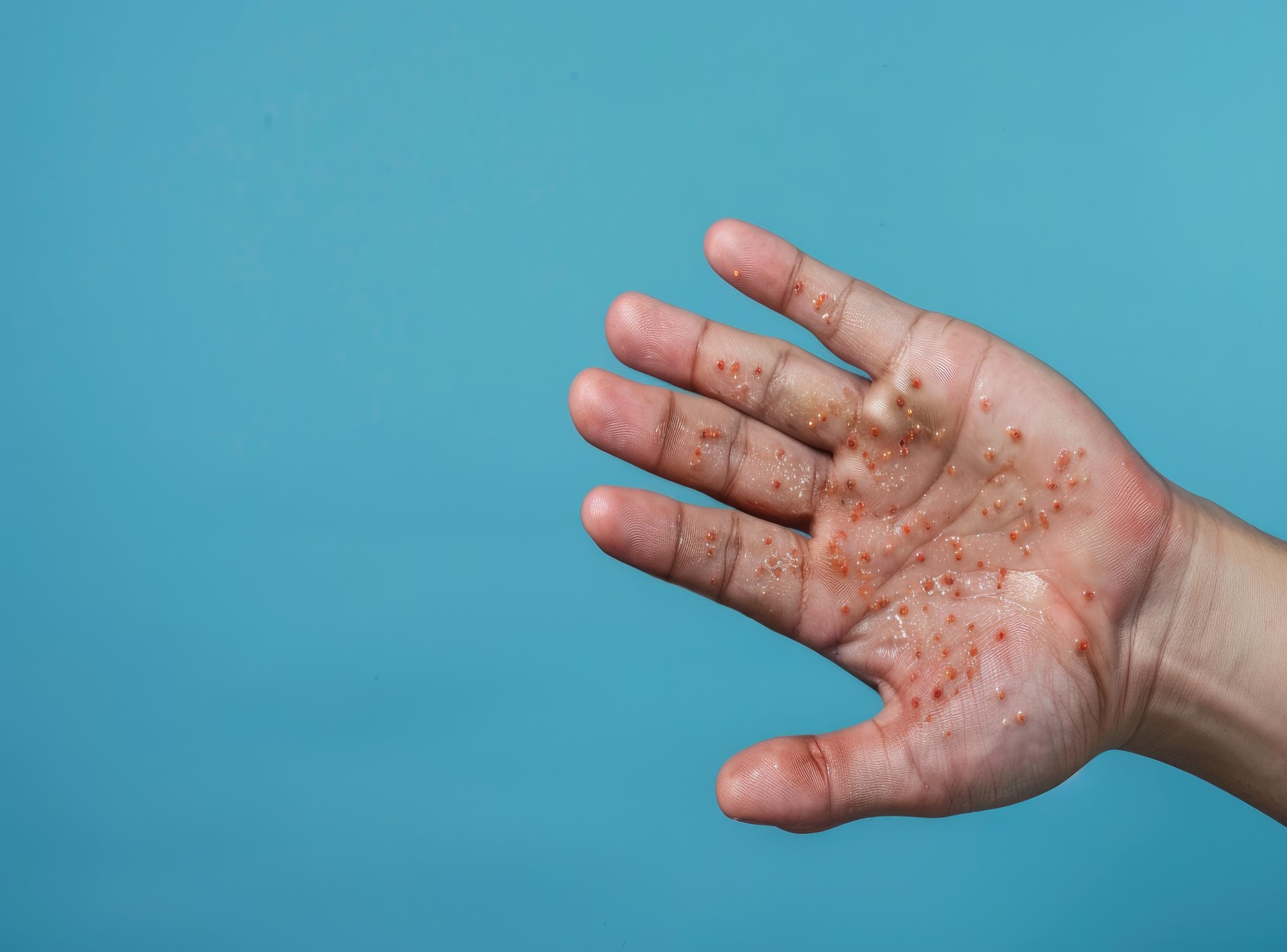
Mpox, this week, has moved past the status of medical curiosity to be declared a public health emergency of international concern (PHEIC) by the WHO.
An upsurge of mpox in the Democratic Republic of the Congo (DRC) and a growing number of countries in Africa led to a meeting of the IHR Emergency Committee to review the data, which noted its potential to spread both further across the continent and internationally.
This PHEIC determination is the second time in two years relating to mpox.
“The emergence of a new clade of mpox, its rapid spread in eastern DRC, and the reporting of cases in several neighbouring countries are very worrying,” the WHO said in a statement.
“It’s clear that a coordinated international response is needed to stop these outbreaks and save lives.”
In July 2022, the multi-country outbreak of mpox was declared a PHEIC as it spread rapidly via sexual contact across a range of countries where the virus had not been seen before.
That PHEIC was declared over in May 2023 after there had been a sustained decline in global cases.
The emergence and rapid spread of a new virus strain in DRC last year, clade 1b, appears to be spreading mainly through sexual networks, with its detection in countries neighbouring the DRC one of the main reasons for the declaration.
In the past month, over 100 laboratory-confirmed cases of clade 1b have been reported in four countries neighbouring the DRC that have not reported mpox before – Burundi, Kenya, Rwanda and Uganda. Experts believe the true number of cases to be higher as a large proportion of clinically compatible cases have not been tested.
Professor Jaya Dantas, a Professor of International Health at Curtin University, explained that it was important for GPs to provide as much information about the virus as possible, in a non-stigmatising manner, to patients who might be at greater risk of infection.
“Specific actions include prioritising two vaccines available currently as a matter of urgency for those most at risk and targeting public health messaging,” she said.
“Actions individuals can take include maintaining contact details of sexual partners, avoiding sex if you have a rash until you get tested, considering avoiding skin to skin contact in large gatherings, if diagnosed with monkeypox, avoid close physical contact, including sexual contact, with other people for the duration of the illness.”
The WHO is working with countries and vaccine manufacturers on potential vaccine donations and coordinating with partners through the interim Medical Countermeasures Network to facilitate equitable access to vaccines, therapeutics, diagnostics and other tools.
It anticipates an immediate funding requirement of an initial US$15 million to support surveillance, preparedness and response activities, and a needs assessment is being undertaken across the three levels of the Organization.

